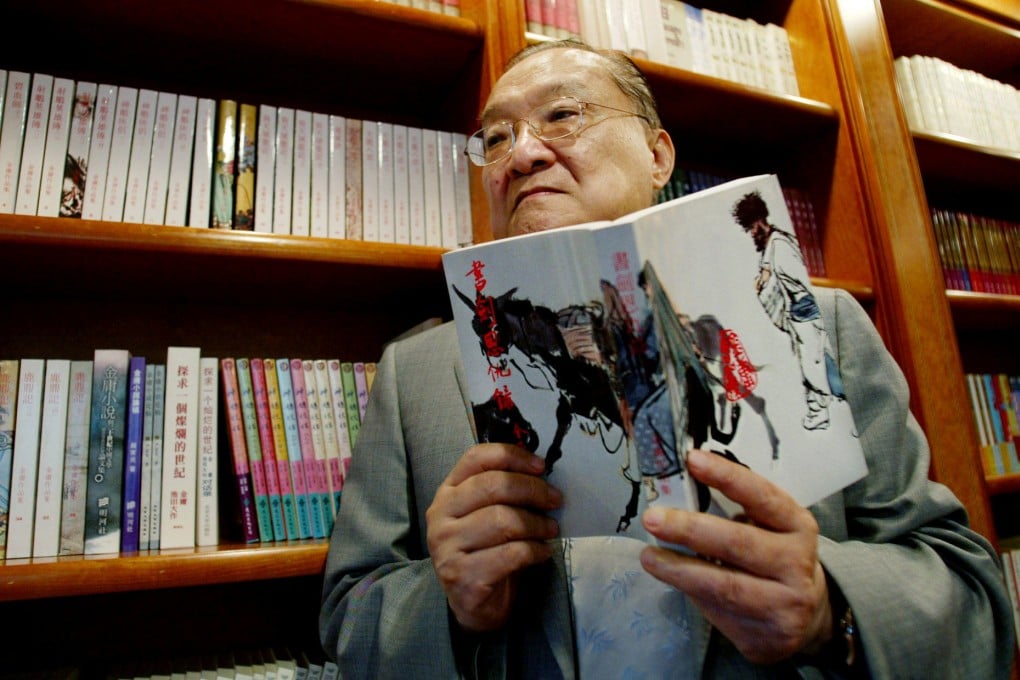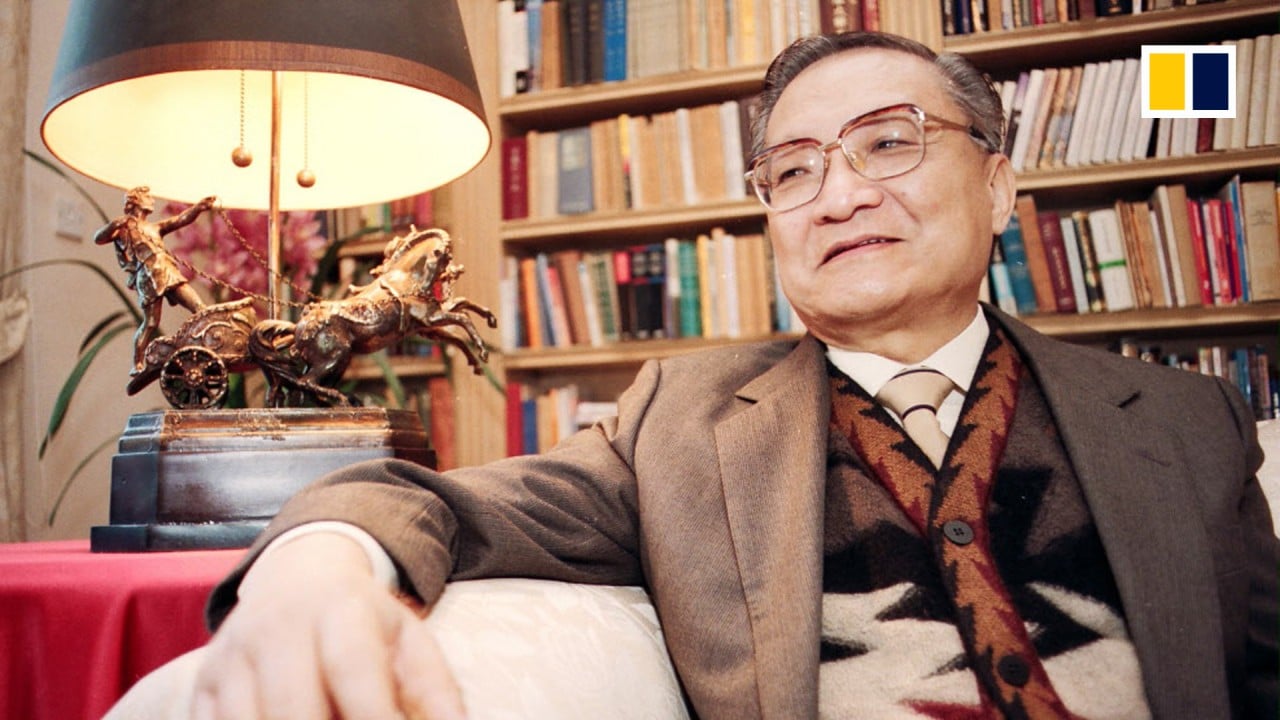Hong Kong wuxia novelist Louis Cha ‘Jin Yong’ gets posthumous victory in copyright lawsuit against mainland fan fiction writer
- The Guangzhou Intellectual Property Court ruled that mainland Chinese writer Yang Zhi’s 2002 novel There They Were constituted copyright infringement
- Yang and his publishers were ordered to pay 1.88 million yuan to the estate of wuxia novelist Louis Cha Leung-yung, known by his pen name Jin Yong

The final judgment of the Guangzhou Intellectual Property Court ruled that Yang’s 2002 novel There They Were, known as Ci Jian De Shao Nian in Chinese, constituted copyright infringement and unfair competition, according to a statement by the court on Friday.
The court, in the capital of southern Guangdong province, ordered Yang and his publishers to pay 1.88 million yuan (US$270,000) to Cha’s estate. This judgment for the plaintiff includes 1.68 million yuan as compensation for economic loss and 200,000 yuan for legal expenses, with Yang’s publishers covering 330,000 yuan of the total sum.
The copyright holders of four of Cha’s novels – The Legend of the Condor Heroes, Demi-Gods and Semi-Devils, The Return of the Condor Heroes and The Smiling, Proud Wanderer – will also receive 30 per cent of the royalties should Yang’s disputed novel get republished.
The judgment handed down by the court in this high-profile case raises the stakes for writers and publishers of Chinese fan fiction, which uses characters and scenarios from popular, copyrighted works without the original authors’ consent.

